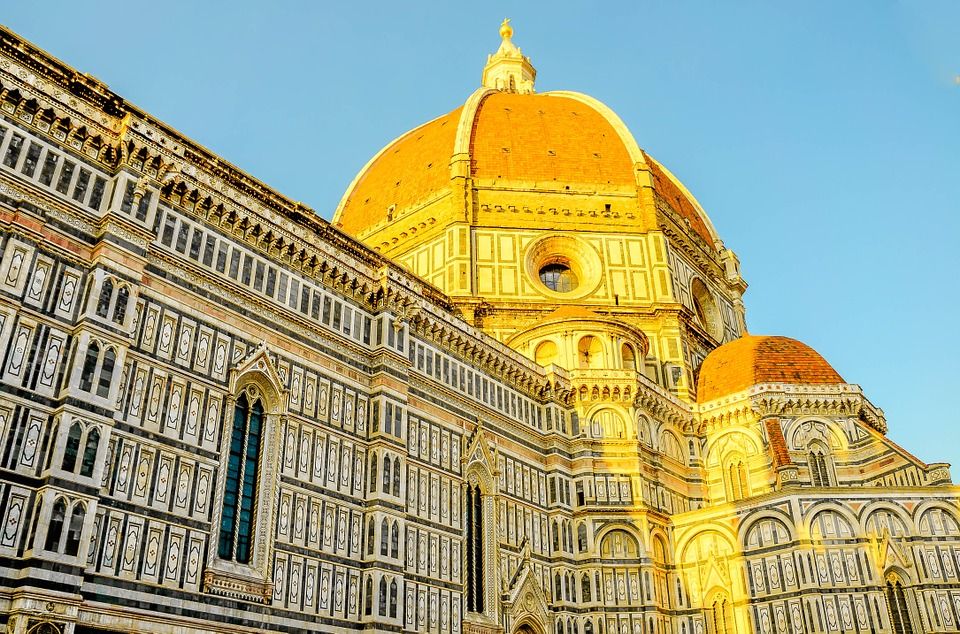Municipalities in Italy using renewables to provide 100% of their energy
Thirty-nine municipalities in Italy are now using renewables to provide 100 per cent of their energy

Thirty-nine municipalities in Italy are now using renewables to provide 100 per cent of their energy.
Italy has increased the share of renewable energy in the national energy mix from 15 per cent to 35.5 per cent in recent years, largely due to a distributed production model and the addition of over 850,000 generation plants across the country.
The strategy has seen an increase in clean energy production of 57.1 terawatt hours a year and the number of municipalities with at least one plant supplying renewable energy has increased from 356 to 8,047.
In 2,660 of these municipalities, the production of clean electricity often exceeds that consumed, allowing them to sell power to neighbouring areas.
39 of the municipalities have covered 100 per cent of both their thermal and electricity requirements using renewables.
They have achieved these results thanks mainly to smart grids, electric mobility, and efficient energy storage methods.
The results of the survey have been published in a new report, Renewable Municipalities 2016 Legambiente, compiled by Italian environmental NGO Legambiente and Enel Green Power.
The report shows that Italy is ahead of countries including Germany and Greece in the use of solar powerand provides 8.1 per cent of its population with electricity from this solar.
Edward Zanchini, the vice president of Legambiente, said: “It’s time to open a new phase of development of renewable sources in our country. The most advanced municipalities in this ‘revolution from below’ demonstrate how you have to look at an increasingly distributed energy model, which is clean and innovative.”
Zanchini added: “The new Italian energy minister [Carlo] Calenda proposes to look at these experiences to achieve the target of 50 per cent renewable announced by Premier Renzi within the legislature, in particular the self-generating, local production and distribution from renewable sources.”






